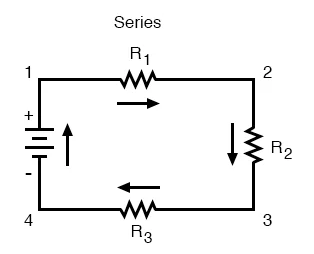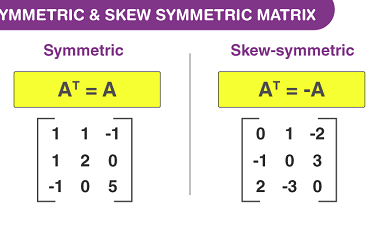JEE (Main+Advance) e-Intermediate Course Chemical Thermodynamics
Chemical Thermodynamics is an important topic in JEE (Main+Advanced) for the students who are pursuing engineering or science streams. It deals with the study of energy changes that occur during chemical reactions and the factors that affect these changes. To prepare for Chemical Thermodynamics, you should start with understanding the basic concepts such as enthalpy,…






